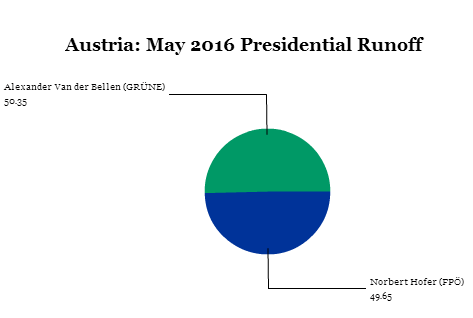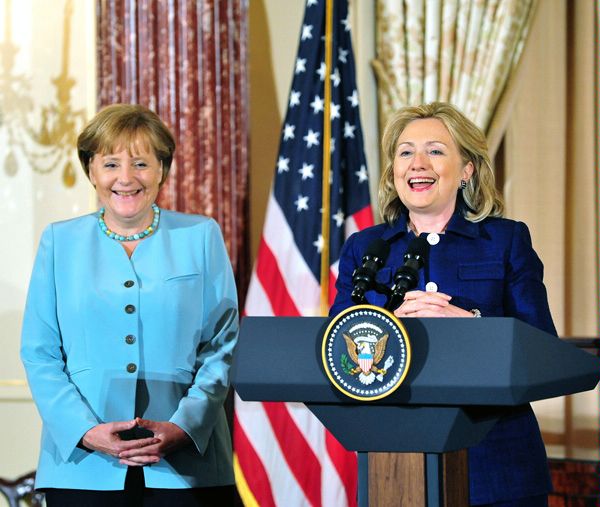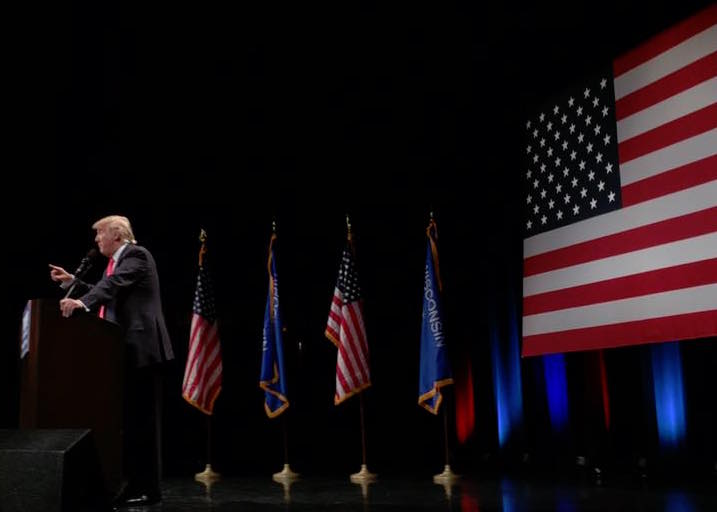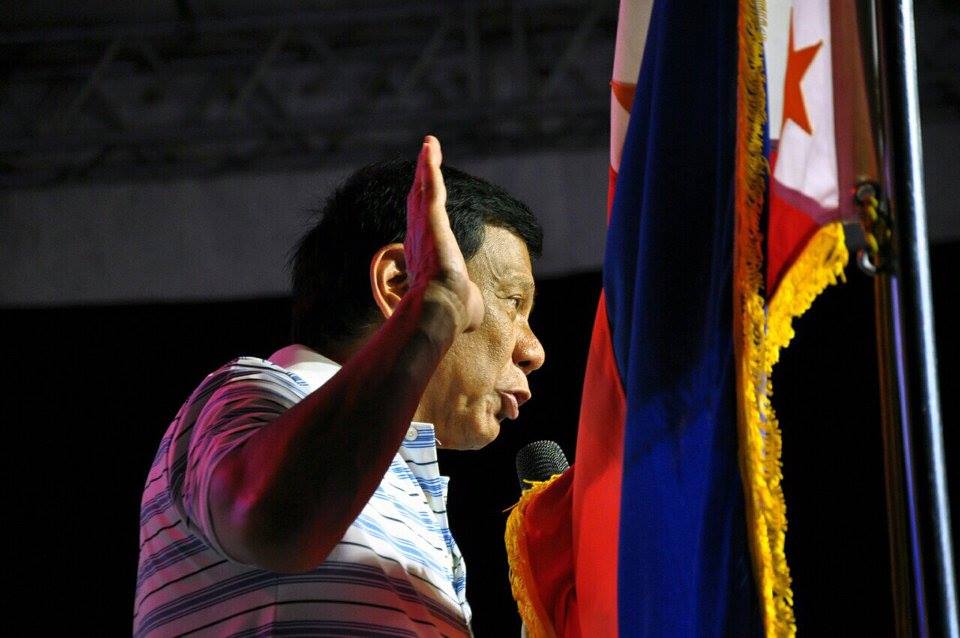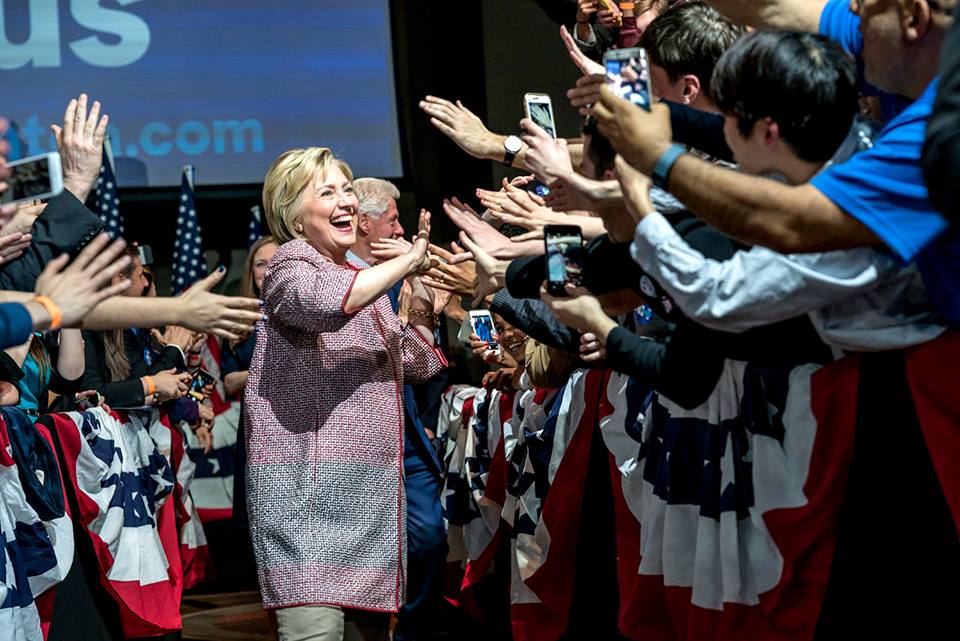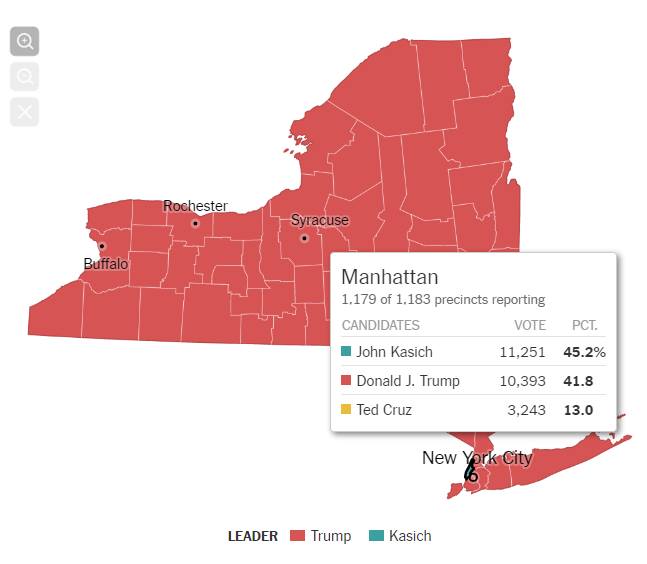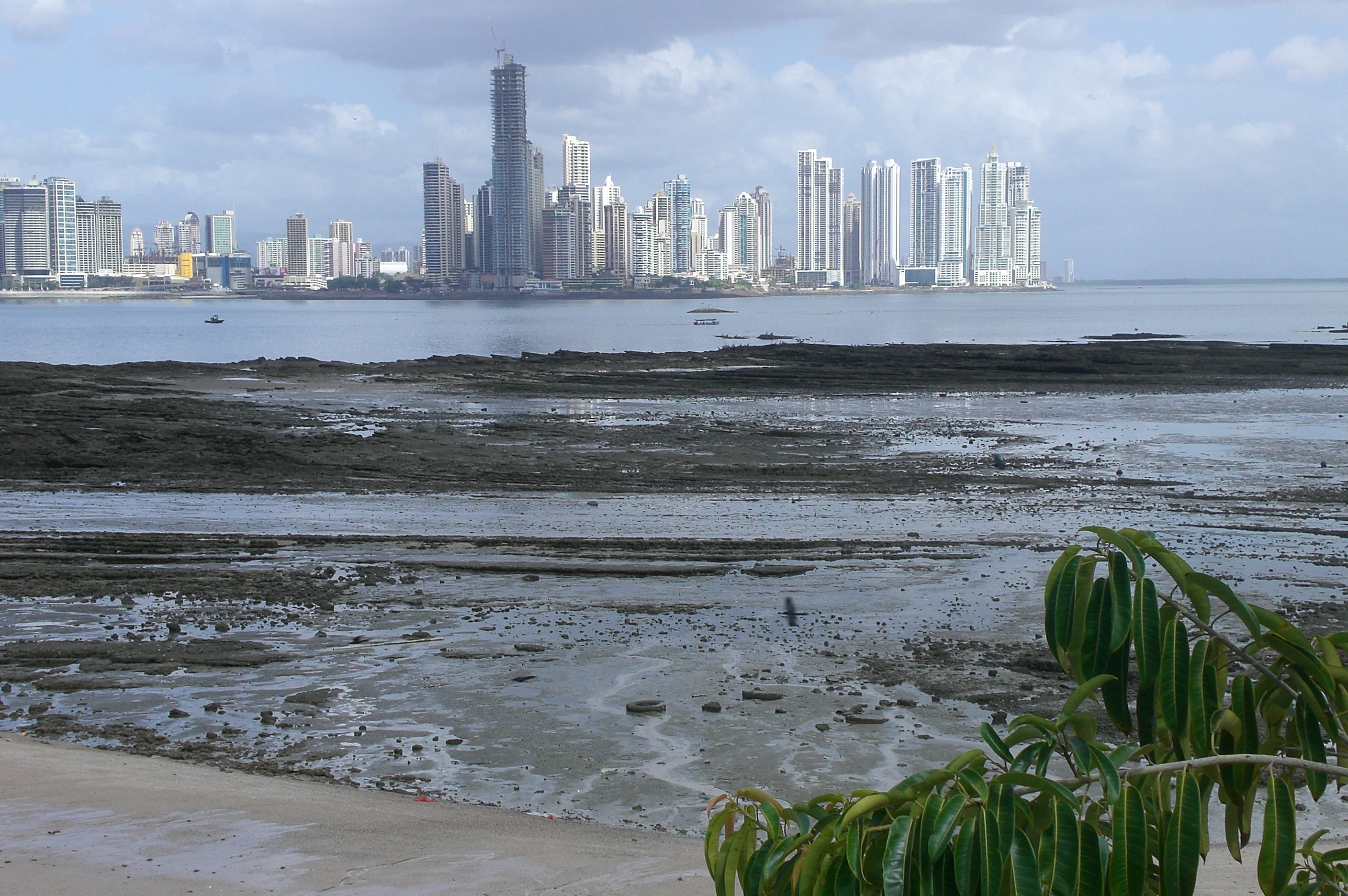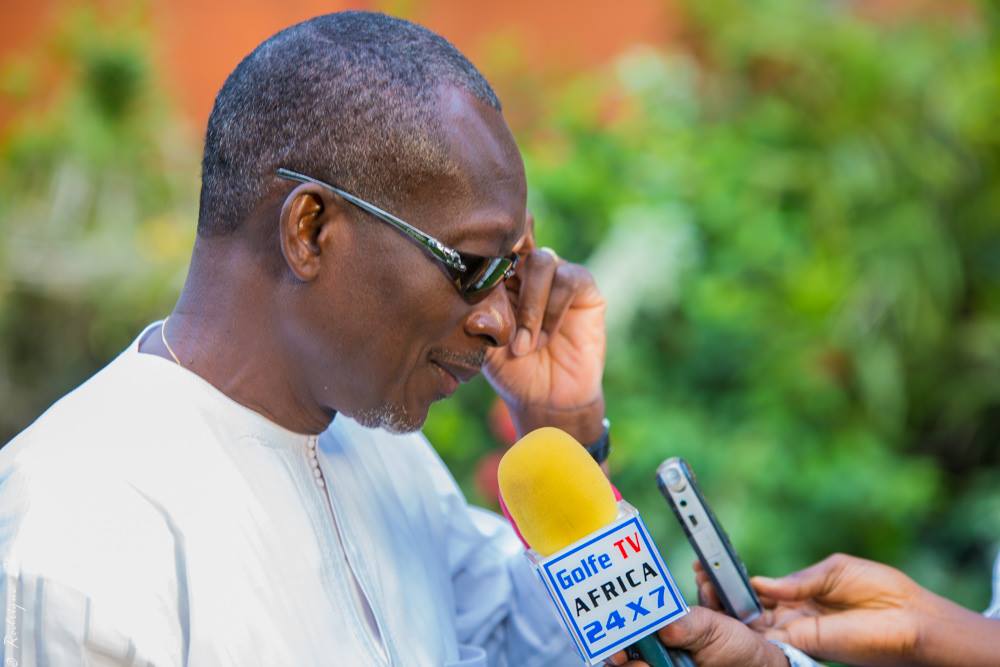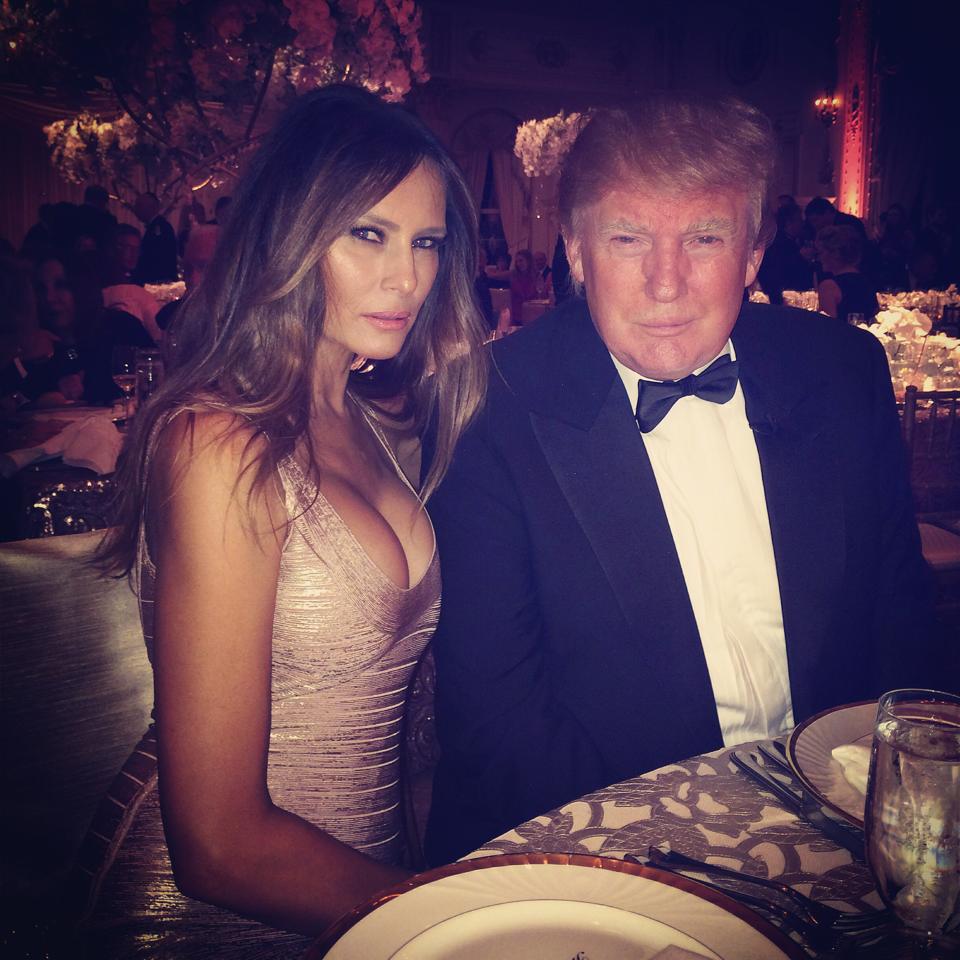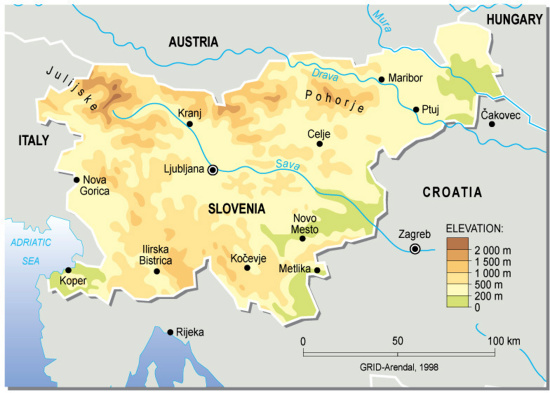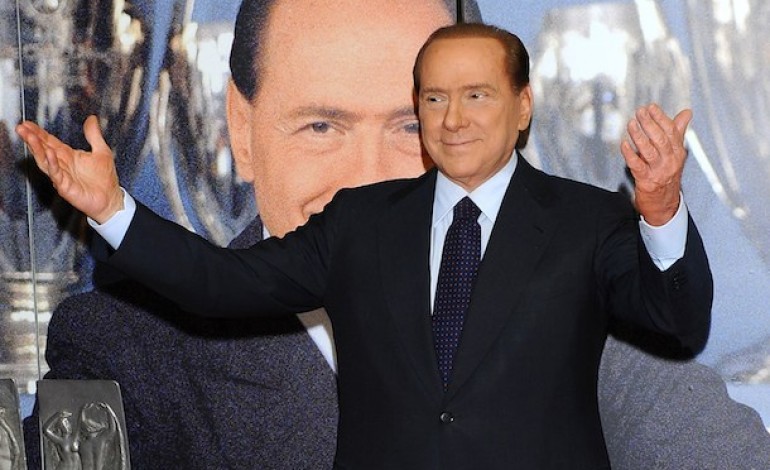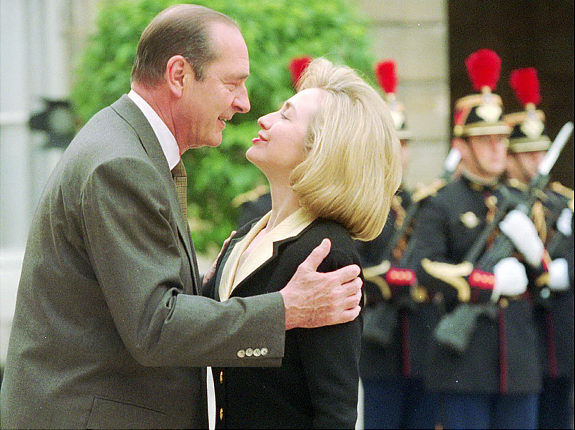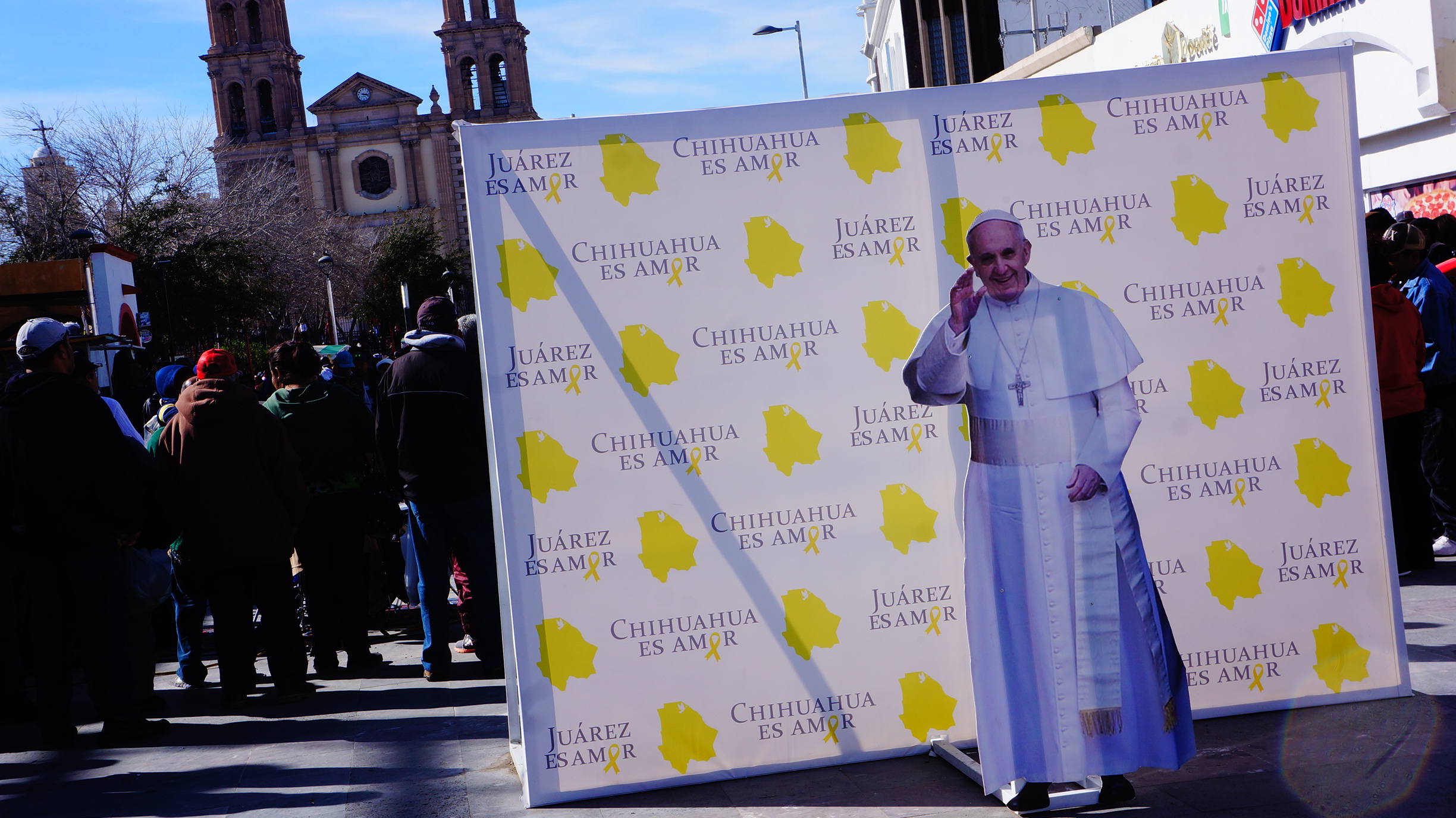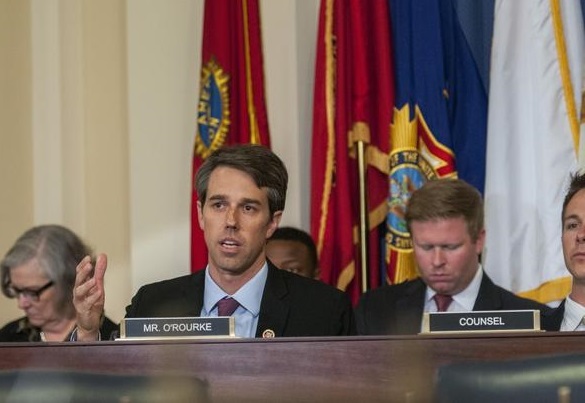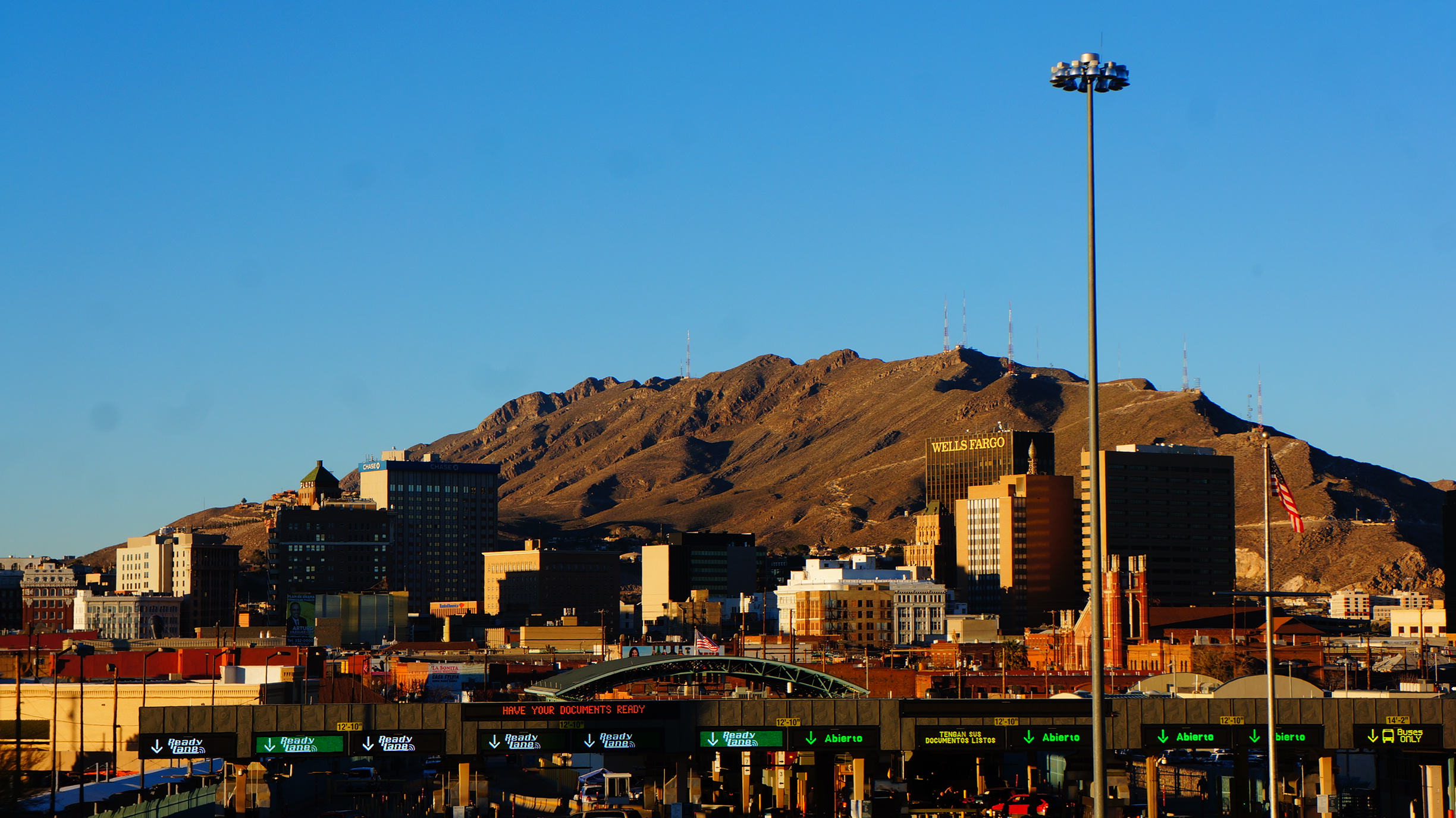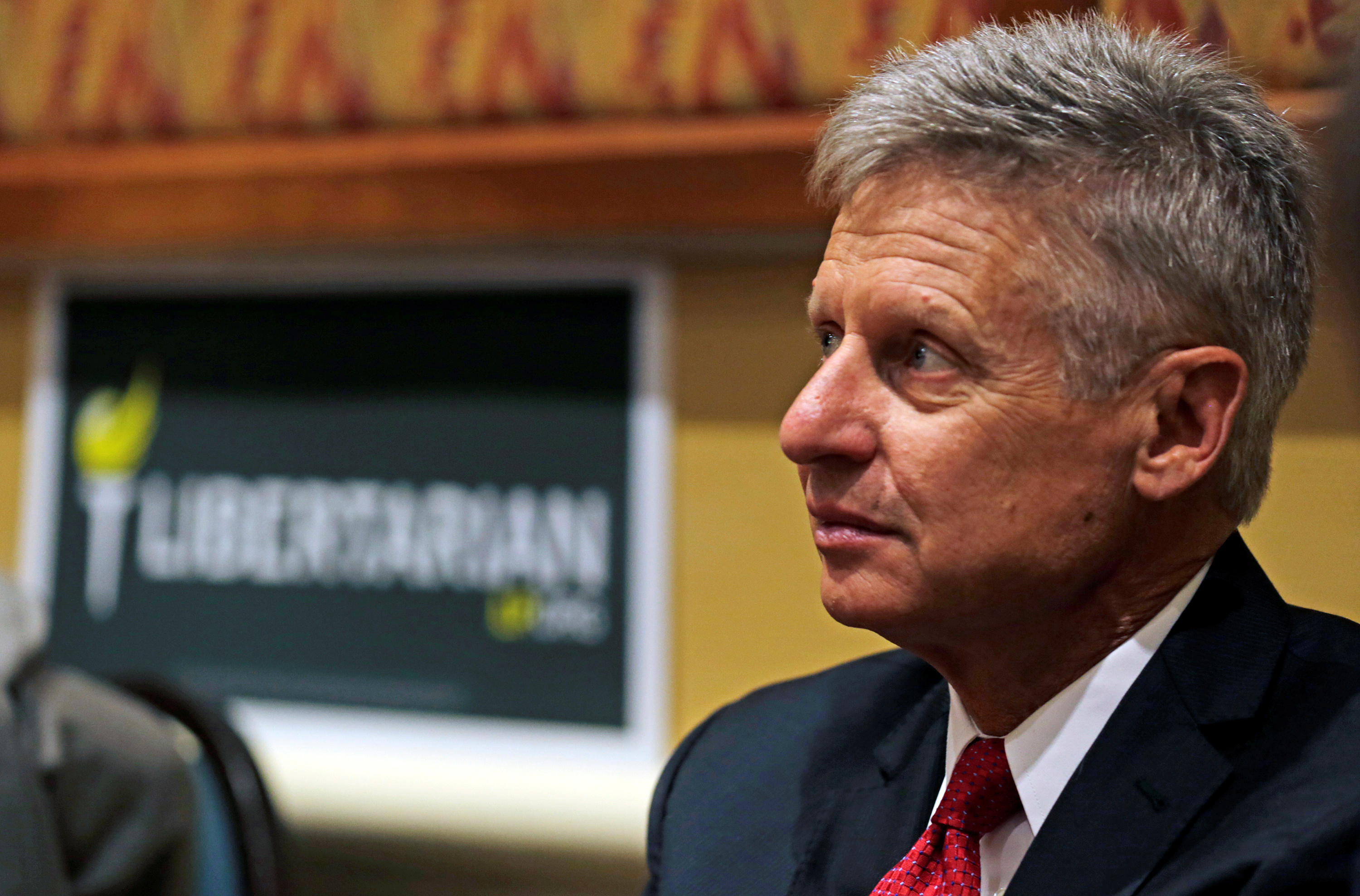
Will it be ‘groovy Gary’ or ‘goofy Gary’?![]()
With over five months to go in what’s already become a nasty presidential election, presumptive Republican presidential nominee Donald Trump hasn’t shied away from abusing his competitors, often giving them pejorative nicknames on Twitter and everywhere else on the campaign trail. Amused Americans might wonder whether Trump will welcome the Libertarian Party’s freshly minted 2016 presidential nominee, former New Mexico governor Gary Johnson, to the campaign with a similarly dismissive nickname as his other competitors — ‘low-energy’ Jeb Bush, ‘little’ Marco Rubio, ‘lyin” Ted Cruz and, most recently, ‘crooked’ Hillary Clinton.
The Libertarian Party nominated Johnson for a second consecutive time Sunday night at its national convention in Orlando, on a holiday weekend when most Americans were more concerned with summertime diversions than politics. But with Johnson leading the ticket, and with Libertarians, however reluctantly, nominating Johnson’s preferred running mate, former Massachusetts governor William Weld, as its vice presidential candidate, the party has for the first time since its inception in 1972, nominated a viable presidential ticket.
A ‘Never Trump, Never Clinton’ option in all 50 states
No one disputes that it will be an uphill fight, though the Libertarian Party will likely be the only third party to make the presidential ballot in all 50 states. But, at least on paper, the Libertarian ticket looks formidable. Johnson is enough of an ‘outsider’ to harness the same kind of energy as Trump and Vermont senator Bernie Sanders on the Democratic side of the race. For now, the Libertarian ticket is the only one with experience in executive government (not counting, of course, Clinton’s eight years in the East Wing as first lady).
Republican-leaning voters who believe Trump lacks the maturity, temperament, tone or experience for the Oval Office will be cheered by the shared ideological values with Libertarians, such as fiscal restraint and limited government. Democratic-leaning voters who mistrust Clinton will prefer the traditional Libertarian social liberalism on many cultural issues, such as abortion, LGBT marriage and drug decriminalization. Sanders supporters, in particular, who credibly hope that Sanders can defeat Clinton in the June 7 Democratic primary in California and who less credibly hope that Sanders can wrest the nomination from Clinton at July’s Democratic convention in Philadelphia, will find in Johnson a kindred spirit. Johnson would be smart to target Millennial voters who overwhelmingly backed Barack Obama in 2008 and 2012 and who even more overwhelmingly back Sanders against Clinton.
The ticket includes two proven vote-winners who, in aggregate, won four gubernatorial elections in the 1990s and the 2000s as ‘small-l’ libertarian Republicans in Democratic-leaning states. Even before his formal nomination and his decision to name Weld as a running mate, some polls were already showing that Johnson could win up to 10% of the vote in November. The most important polling threshold, however, is 15%, which would entitle Johnson and Weld to participate in the formal series of presidential and vice-presidential debates later this autumn that millions of American voters will watch. That, alone, would be an impressive achievement for the Libertarian Party.
Red governors in blue and purple states
Johnson, who briefly ran for the 2012 Republican presidential nomination before winning the Libertarian nomination in the same election cycle, served as the governor of New Mexico from 1995 to 2003, coming to politics after a successful business career in construction. As governor, Johnson widely used veto powers to limit state spending and pushed for both marijuana decriminalization and education reform to introduce greater choice and competition among schools.
Johnson can point to his experience spent eight years governing a state with the most proportionally Latino/Hispanic population in the United States (47% as of the 2010 census). In 2016, Latino voters are expected to be crucial in determining the next president. It’s a group of voters than has grown from just 7.7 million in 1988 to 23.3 million in 2012 (and a projected 27.3 million in 2016). Johnson, an avid outdoorsman, Ironman enthusiast and mountain climber who has scaled Mt. Everest, can nevertheless be awkward and a bit wooden on the stump. But he radiates sincerity, and in a race against Trump and Clinton, neither of whom voters seem to like or to trust, his lack of bombast or glib soundbites could appeal broadly, especially among authenticity-craving Millennials. Continue reading Libertarians nominate party’s 1st viable presidential ticket in US history

